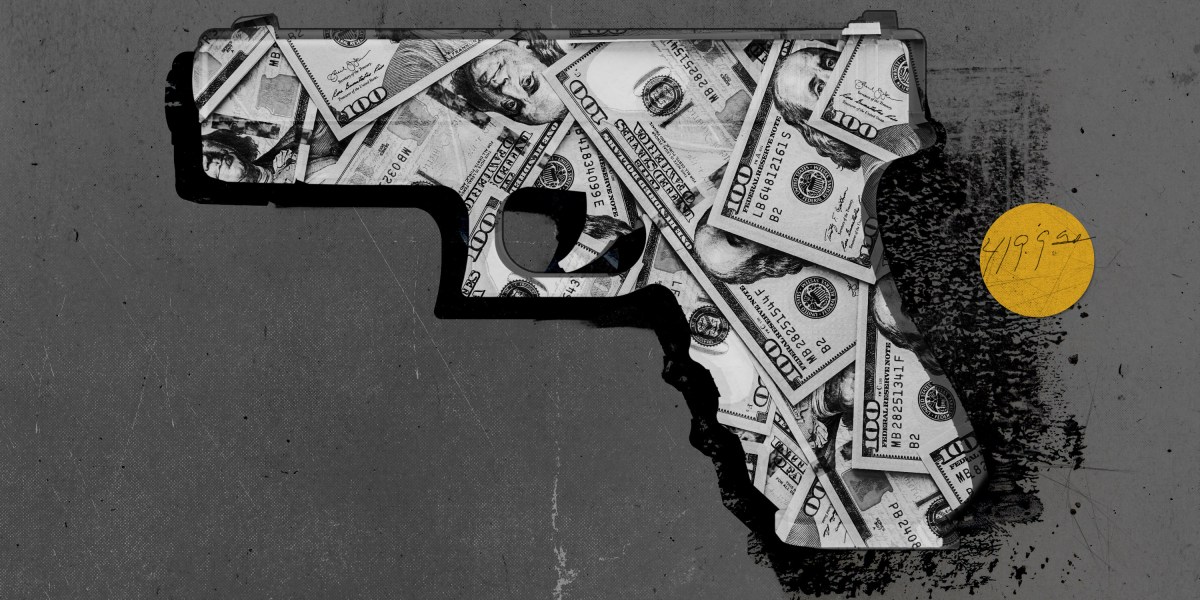OfTheCross
Veteran

The secret police: A private security group regularly sent Minnesota police misinformation about protestors
There are 13 private security guards for every one police officer in downtown Minneapolis, but these groups are far less regulated than police departments.
Minneapolis had been at the vanguard of activism on policing and racial justice since Floyd’s death. After Smith’s killing, protests reignited all over the city—not only at public spaces, like the intersection where Floyd was murdered, but also in private ones, like the parking garage where Smith was shot. As demonstrations spread from the streets into shopping districts and parking lots, the cops couldn’t keep up.
Into the void stepped private security groups. The number of new companies applying for licenses from the Minnesota Board of Private Detective and Protective Agent Services ballooned from 14 in 2019 to 27 in 2021. Beginning in 2020, many Minneapolis property owners hired these private security organizations, ostensibly to prevent property damage. But the organizations often ended up managing protest activity—a task usually reserved for police, and one for which most private security guards are not trained.
According to documents obtained by MIT Technology Review through public records requests, there are 13 private security guards for every one police officer in downtown Minneapolis. There are currently 172 security groups and individual detectives with active licenses in Minnesota, from private investigators to companies with sophisticated surveillance operations and thousands of employees. They offer a range of services focused on the protection of property and privately owned assets. Some are heavily armed, some rely on open-source intelligence, and many have relationships with police departments.